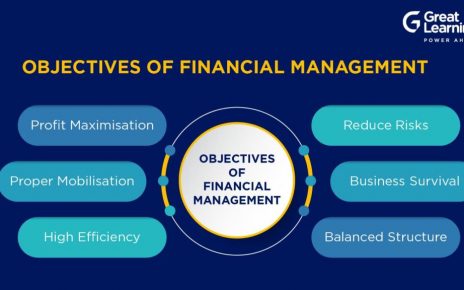Saving money doesn’t have to be complicated or restrictive. By incorporating simple yet effective money-saving strategies into your daily routine, you can make a positive impact on your finances and achieve your financial goals faster. Discover these 15 practical tips to help you save money and stretch your budget without sacrificing lifestyle quality.
1. Create a Budget and Track Your Spending
Start by creating a monthly budget that outlines your income and expenses. Track your spending to identify areas where you can cut back and allocate more towards savings or debt repayment.
2. Cook Meals at Home
Eating out can quickly drain your wallet. Save money by cooking meals at home using affordable ingredients. Plan your meals for the week and prepare lunches in advance to avoid impulsive spending on takeout.
3. Embrace Meal Prep
Spend a few hours each week preparing meals in bulk. Portion meals into containers for easy grab-and-go lunches or dinners. This saves time and money while reducing food waste.
4. Shop with a Grocery List
Avoid impulse buys by shopping with a grocery list and sticking to it. Plan meals based on what’s on sale and use coupons or loyalty rewards to maximize savings.
5. Cut Down on Subscription Services
Review your subscription services (streaming, gym memberships, magazines) and cancel those you don’t use frequently. Opt for free alternatives or share subscriptions with family or friends.
6. Use Cashback and Rewards Programs
Take advantage of cashback offers and rewards programs when shopping online or in-store. Use cashback apps or credit cards that offer rewards on everyday purchases.
7. Shop Secondhand
Explore thrift stores, consignment shops, and online marketplaces for clothing, furniture, and electronics. Buying secondhand can save money and reduce environmental impact.
8. Reduce Energy Consumption
Lower utility bills by conserving energy. Turn off lights when not in use, unplug electronics, use energy-efficient appliances, and adjust thermostat settings to save on heating and cooling costs.
9. DIY Cleaning and Beauty Products
Make your own cleaning supplies and beauty products using simple ingredients like vinegar, baking soda, and essential oils. Homemade products are cost-effective and eco-friendly.
10. Comparison Shop for Insurance and Utilities
Regularly review insurance policies and utility providers to ensure you’re getting the best rates. Compare quotes from multiple providers to save on car insurance, home insurance, and utility bills.
11. Use Public Transportation or Carpool
Save on transportation costs by using public transit or carpooling with colleagues or neighbors. Share rides to work or social events to split fuel expenses.
12. Negotiate Bills and Fees
Contact service providers (internet, cable, insurance) and negotiate lower rates or inquire about discounts. Loyalty often pays off, so ask for promotional offers or rate reductions.
13. Cancel Unused Memberships and Subscriptions
Identify and cancel memberships or subscriptions you no longer use. Consider alternatives or free resources to save money each month.
14. Take Advantage of Free Activities
Explore free entertainment options like community events, museums with free admission days, local parks, and outdoor activities. Enjoy leisure time without spending a dime.
15. Prioritize Quality Over Quantity
Invest in high-quality, durable items that last longer and require less frequent replacement. Paying more upfront can save money in the long run by avoiding frequent replacements.
Conclusion
Incorporate these practical money-saving tips into your daily life to reduce expenses, boost savings, and achieve financial stability. Experiment with different strategies, stay consistent, and celebrate progress towards your financial goals.
Remember, small changes can lead to significant savings over time. Start implementing these tips today and watch your savings grow!
Feel free to customize this article with additional tips, personal anecdotes, or specific examples that resonate with your audience. Incorporate relevant keywords related to money-saving tips, frugal living, budgeting, and financial strategies to optimize the article for SEO and attract readers seeking practical advice on improving their financial habits and saving more effectively.




